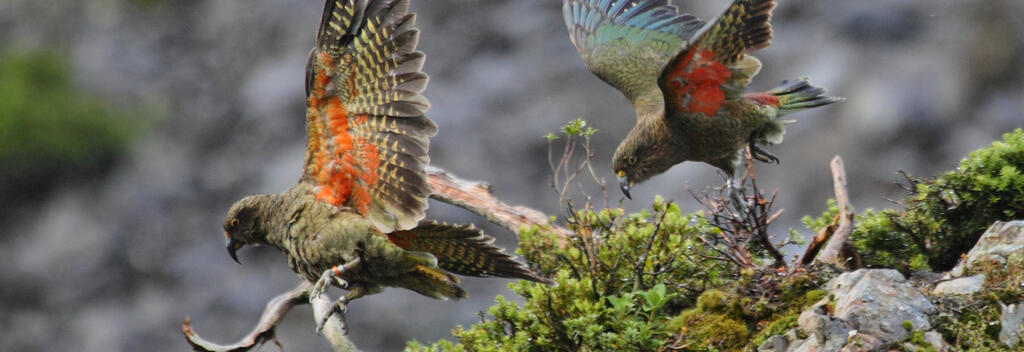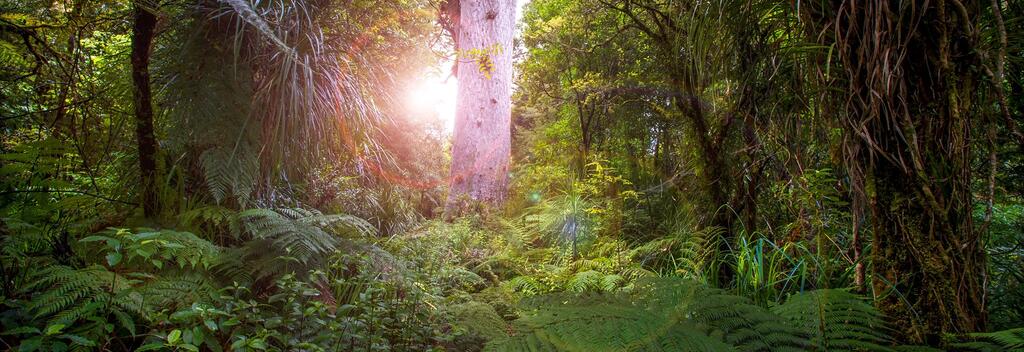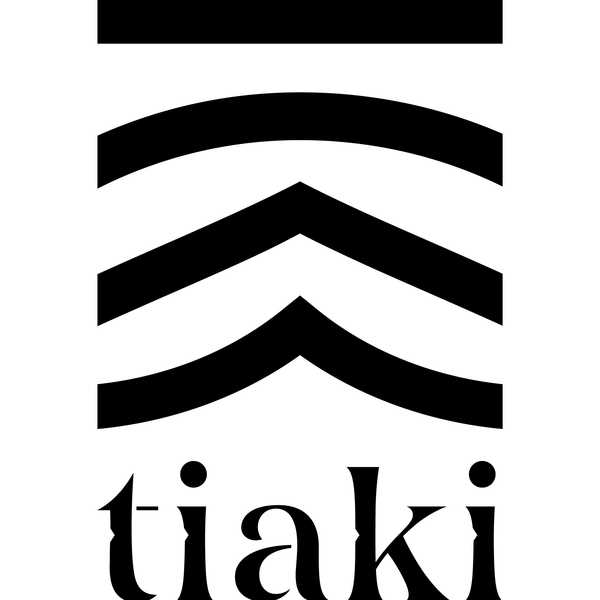-
Popular places to visit
Popular things to do
Helpful tips
Here's a few useful links to help with planning your trip to Aotearoa New Zealand.
-


Many of the unique plant and animal species here in New Zealand are endangered. Help to protect our natural world with these simple actions while travelling around our beautiful country.

When you see seals and sea lions, keep a distance of at least 20 metres. That’s around the length of two buses. If you get too close, seals and sea lions can panic and start a stampede, which is dangerous for both you and them. They can also become aggressive if you come between them and their babies or the sea.
Respect their resting time and keep a good distance between you.
You should also give plenty of space to nesting birds. Some of our endangered species, such as the dotterel or black gull, can nest directly on the beach so it’s important to steer clear to avoid damaging their nests, eggs and chicks. If you have a dog, make sure you keep it well away as well.
Most nesting sites will be marked with rope. However, in more remote, unmarked areas, you may need to use your common sense and stay away when you notice birds nesting.

New Zealand's native birds aren’t adapted to human food, so resist the temptation to feed them. It can make them sick, and in some cases, even kill them. For example, if kākā eat nuts and seeds, they may develop metabolic bone disease.
The cheeky kea are good at begging for food and even stealing it from bags, but it can make them more likely to put themselves in danger. The Department of Conservation reports that in areas where kea are fed regularly, they are more at risk from cars and pest control.


Kauri dieback disease(opens in new window) is a massive threat to New Zealand's stunning native kauri trees. Help to prevent the spread of this disease by cleaning your footwear with the disinfectant and scrubbing brushes provided at the start of many Department of Conservation walking tracks.
You should also stick to the trails – they are there for a reason. Veering off the track can spread the disease faster.


When visiting predator-free islands, or islands that are becoming pest-free, make sure you check your gear before you leave the mainland.
Search your gear for pests such as rodents and insects. Even ants can be a problem if spread to a sanctuary. Clean your footwear and equipment to prevent spreading soil and seeds. Zip up your bags before leaving home so no pests can hitchhike a ride. It's the small things that will help prevent the spread and protect our sanctuaries.
Many businesses around New Zealand allow you to encounter our wildlife close up.
As well as getting to have unforgettable wildlife experiences, by choosing sustainable tourism operators you are helping to support conservation efforts. The following tour operators support New Zealand’s nature and wildlife by donating a portion of their visitor fees to environmental protection and conservation projects.
The rugged Kāpiti Island, northwest of Wellington, was one of the first designated wildlife sanctuaries in New Zealand. In 2009, Kāpiti Island Nature Tours and Kaitiaki ō Kapiti Trust supported the Department of Conservation’s stoat eradication program to return Kāpiti Island to its former predator-free status.
Visit the island and take a day tour or stay overnight in the lodge and go kiwi spotting. As a visitor, you can enjoy seeing species of endangered birds – some of which are extinct on the mainland – and support ongoing conservation efforts.
Just a few kilometres from the heart of Wellington, is the fully-fenced, predator-proof eco-sanctuary, Zealandia.
Zealandia’s founders have a 500-year vision to restore the valley’s forest and freshwater ecosystems as closely as possible to their pre-human state. Already the ecosanctuary has reintroduced 18 species of native wildlife back into the area. This is one of the best places in New Zealand to see rare birds such as hihi, kākā, takahe, and kākāriki.
As well as going on a tour, you can also donate, become a Zealandia member, or join Zealandia’s volunteer workforce.
A deep ocean canyon just off the coast at Kaikōura on the South Island’s east coast attracts especially giant sperm whales searching for their favourite prey, giant squid. This is the best place in New Zealand to see whales. The coast is also home to fur seals and crayfish, after which the area is named.
Whale Watch Kaikōura is a Māori-owned company committed to hospitality and respect for the natural world. It contributes to ongoing scientific research through detailed record-keeping, identifying every whale seen, its location, and any unusual whale behaviour.
Whale Watch supports the marine conservation movement, including the ongoing international fight to stop commercial whaling.
Elm Wildlife Tours on the Otago Peninsula give visitors the chance to see rare yellow-eyed penguins.
The company helps protect the yellow-eyed penguins, considered the world’s rarest penguin with only 5000 individuals remaining in the world. Their efforts include tree planting, the construction of nest sites and predator control. Elm Wildlife tours also helped set up New Zealand Sea Lion Trust to fund research into this threatened species.
On a wildlife tour, you can also see Hooker’s sea lions, New Zealand fur seals and little blue penguins, as well as albatross at the Royal Albatross Centre at Taiaroa Head.
Stewart Island, also known as Rakiura, is teeming with native birdlife.
Ulva Goodwillie is a direct descendant of the first Māori people of Stewart Island, and in 2000 she established Ulva’s Guided Walks. Ulva and her team of local guides offer visitors a range of bird watching and botanical experiences.
Ulva’s Guided Walks supports the Stewart Island/Rakiura Community and Environment Trust (SIRCET) Sponsor-a-Hectare programme and the Halfmoon Bay Habitat Restoration Project.

Give a gift that grows through Trees that Count(opens in new window). A native tree is a thoughtful, waste-free gift: for Christmas, a birthday, or just to say you care.

The Tiaki Promise is a commitment to care for New Zealand, for now, and for future generations. By following the Tiaki Promise, you are making a commitment to act as a guardian, protecting and preserving our home.